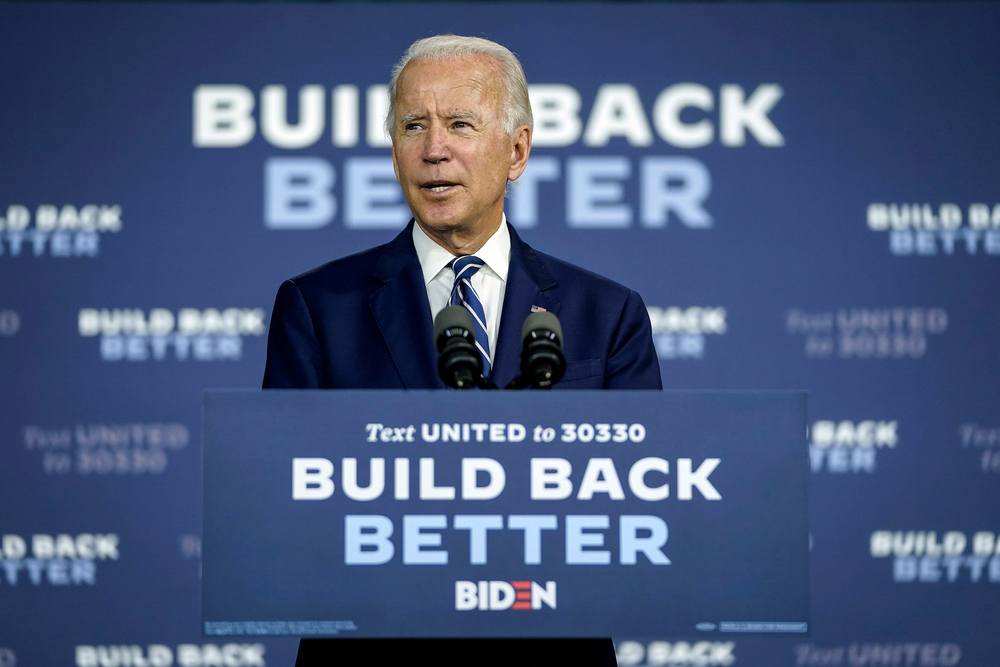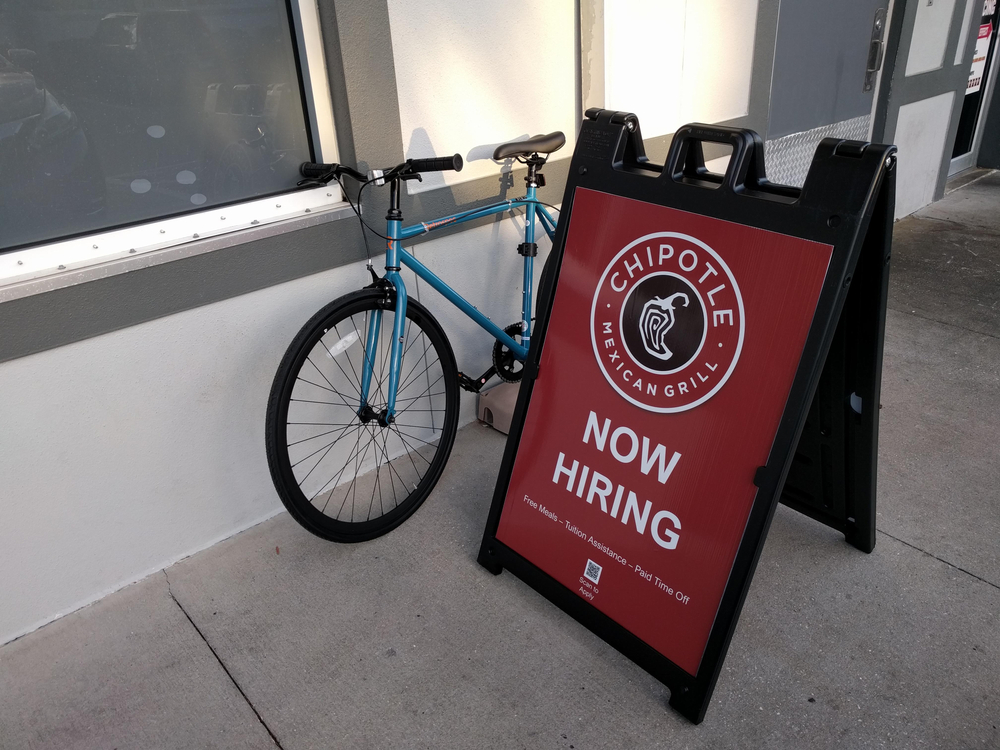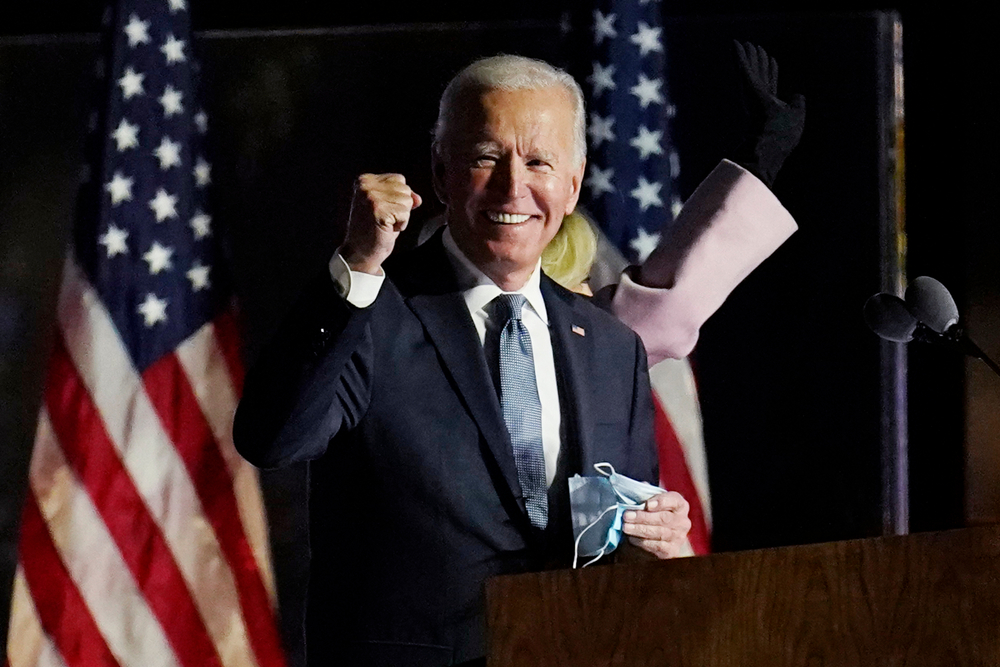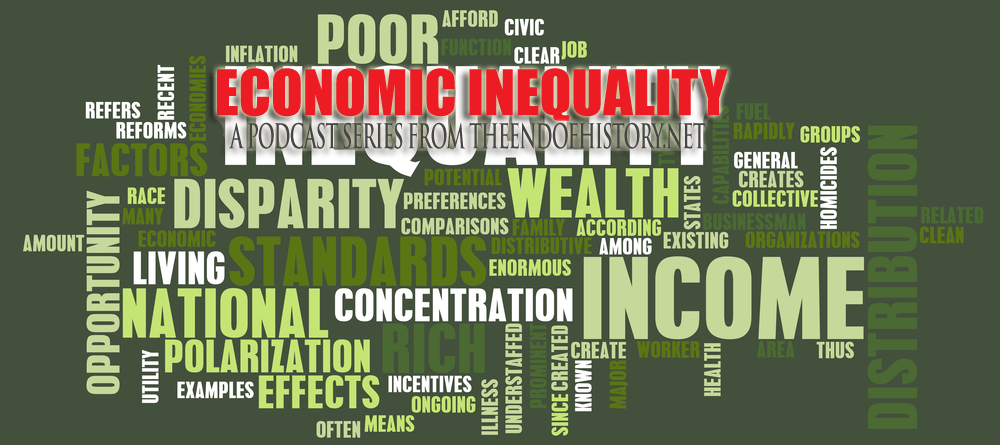In late May, our family exited a year of pandemic lockdown for a 5,000 mile road trip of the west. Our vaccination cards secured, we toured three of the largest national parks, including the Grand Canyon, Yosemite, and Yellowstone. Our tour took place only weeks before much of the country opted to do the same thing, and the national parks were overwhelmed with visitors.
Along the way, we noticed the strange new world that existed in the wake of the pandemic. McDonald’s and Dairy Queen advertised $1,000 signing bonuses for summer workers – a direct appeal to high schoolers needing summer jobs. In a Cracker Barrell in Iowa, we waited for an hour as the only two workers who came to work that day attempted to serve a line of customers, and the manager had to turn customers away. At a restaurant in Cody, Wyoming, a sign warned customers to prepare for an hour-long wait for their tables as the restaurant was presently understaffed.
Our family vacation was witnessing firsthand the national labor shortage. A report on NPR celebrated current economic conditions that gave more freedom to workers so they could “hold out” for higher wages. President Biden mimicked the same perspective when he touted the rebuilding of the American economy in the aftermath of the pandemic includes greater opportunities for workers.

“Instead of workers competing with each other for jobs that are scarce, employers are competing with each other attract workers.” President Joe Biden regarding the June jobs report July 2, 2021
These understandings of what is taking place in the American economy are optimistic at best. The reality is that stimulus packages from President Trump and President Biden have flooded the homes of lower-income Americans, making it less advantageous for individuals from those homes to go to work. They have the money they need already. If the restaurants and other service industry areas want to hire these lower-income Americans, they need to pay more. That sounds like a positive economic trend except for the fact that financial decisions have ongoing repercussions.

Business owners will certainly pay more to bring in workers. The manager of the Cracker Barrell we visited in Iowa had to leave half the restaurant vacant, although he had a line of waiting customers. He will pay more to hire waiters to serve that empty half of the restaurant when he has waiting customers. That was precisely what McDonald’s and Dairy Queen were doing with their summer signing bonuses to workers. Pay more to gain more customers.
The problem arises with how those increased wages are paid to new workers. Business owners and managers do not simply decrease their profits to hire new workers. After all, the business owners and managers must also pay their bills. To pay higher wages, businesses increase their prices. Thus, the costs for higher wages are passed on to the customer.
The rise in prices is called inflation. We are already seeing this happening. In June, the consumer price index saw its most significant increase since May 2008 (the beginning of the Great Recession). For average Americans, that means higher-priced groceries, fast food meals, and cars. The tradeoff for higher wages is higher prices.
The greater concern is that the requirement for higher wages to recruit workers in 2021 is brought on artificially by the billions of dollars in economic stimulus. What happens when the economic stimulus stops? When the stimulus stops, Americans will be unable to afford the higher prices. Managers will be unable to pay as many workers, and the country will see an uptick in unemployment numbers.
Free money is not improving the economy in the long term. It creates an artificial upsurge in wages and prices that will eventually take its heaviest toll on lower-income Americans. All Americans experience the impact of inflation, but lower-income Americans experience the greater toll. A higher grocery bill carries more weight on a lower-income home than it does on a high-income home. Unemployment hits lower-income jobs before it hits high-income jobs.
Do not follow President Biden’s example and be fooled by higher wages for low-income workers. The beginning of this economic trend appears positive but will end very badly for many low-income Americans.








